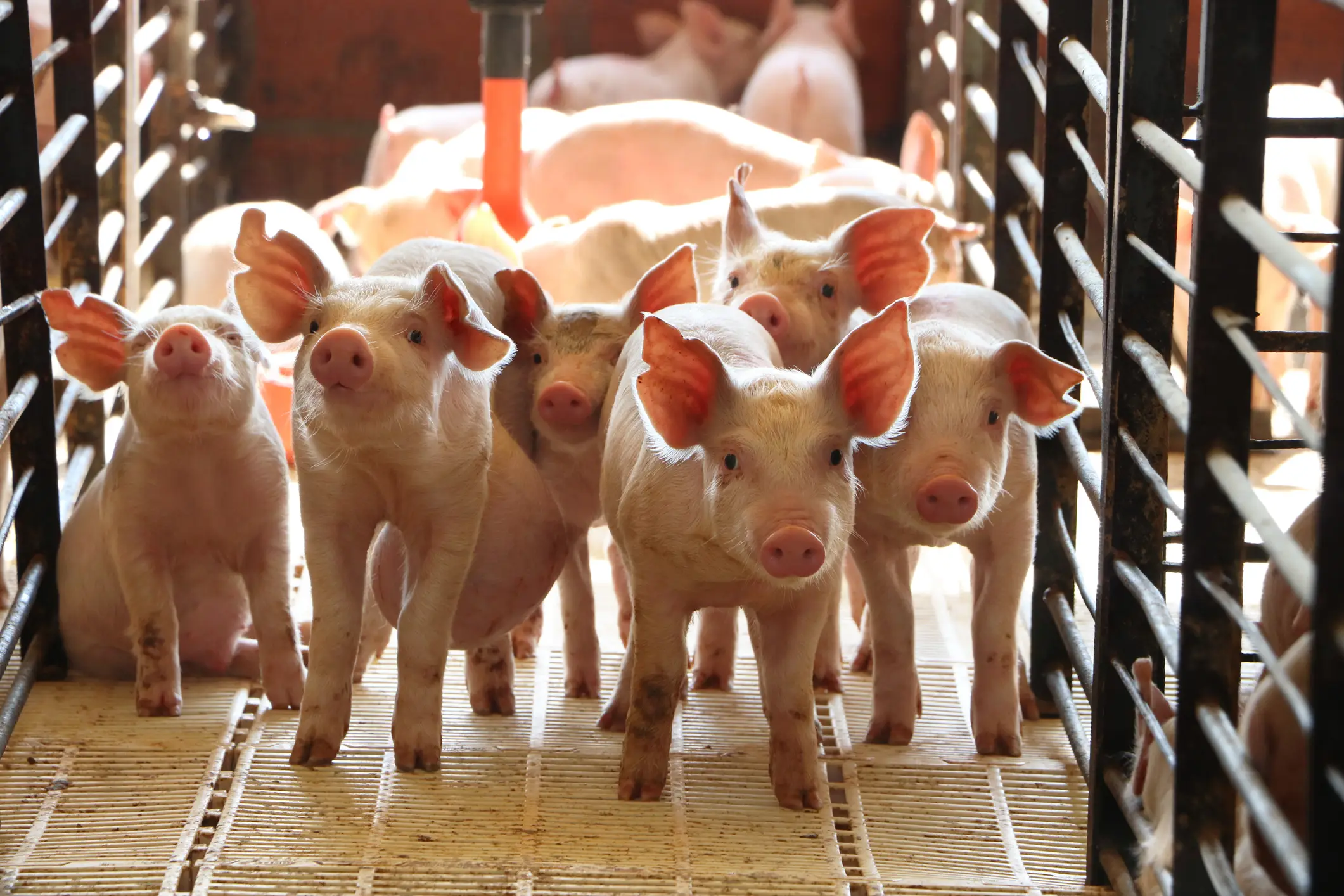
Topics: Food and Drink, Health
Here's how to avoid getting 'pork worms' after a man developed them in his brain doing this specific cooking habit.
The unidentified patient was admitted to hospital after suffering from unexplained migraine headaches and severe pain across the back of his head for a number of weeks.
The 52-year-old was taken for tests, which revealed his brain was covered in 'cyst-like lesions'. Further inspection at the hospital revealed that the cysts were full of tapeworm larvae.
Tapeworms are usually found in pigs, as the animal is frequently found to be infected with the taenia solium tapeworm. This caused a condition known as cysticercosis, with the man's brain riddled with the larvae.
Advert
The patient had to spend 'several weeks' in intensive care after the worms had burrowed their way into his brain, where he was treated with an anti-parasite medication, as well as anti-inflammatory drugs to reduce the swelling caused by the cysts and the worms.
So, what caused it all?

Well, the man had a preference for 'lightly cooked' bacon that was almost raw, with health experts coming to the conclusion that this 'lifelong preference for soft bacon’ caused all the damage.
Thankfully the risk of getting tapeworms in the developed world is low, though eating undercooked meats in the US can cause an infection to develop.
There are a number of things you can do however to prevent tapeworm infections from occurring.
According to Cleveland Clinic, practicing 'safe hygiene' is the way to go, which involves washing your hands with soap and water thoroughly before handling food.
Health guidelines say that to avoid food poisoning or other transmitted illnesses, bacon or any other kind of meat should be cooked to at least 145F.

Cleveland Clinic explains: "You should cook whole cuts to an internal temperature of at least 145 degrees Fahrenheit, then let them sit for three minutes before eating. You should cook ground meat to 160 degrees Fahrenheit. Smoking and drying meat won't prevent tapeworms."
There are also safe water practices that can be used to help prevent getting the dreaded 'pork worms'.
"When water sources are untreated, boil for one minute before drinking," Cleveland Clinic says.
You can also filter your own water to reduce your risk, with the health site stating the water must be 'rated absolute 1 micron or less' and have dissolved iodine tablets in the filtered water.